The Legionaries of Christ began meeting in Rome in early January in a six-week General Chapter to chart a new course for the troubled order’s future.
The meeting opened on January 8 with a Mass celebrated by the congregation’s delegate from the Vatican, Cardinal Velasio De Paolis.
A key task of the meeting was to elect a new leadership, following years in which the Legion suffered from shame and suspicion after revelations that its founder, the Rev. Marcial Maciel, had fathered children and had sexually abused a number of Legionary seminarians.
Cardinal De Paolis was chosen by Pope Benedict to guide the renewal of the order, and was confirmed in this post by Pope Francis.
The Legion was once held up by the Holy See as a model. The Vatican was impressed by the orthodoxy of the Legion’s priests and by its ability to attract seminarians and donations at a time when vocations were on the decline in many places.
But the order’s founder was leading a double life. He fathered three children and created a compartmentalized system of power which kept most Legion priests in the dark.
Despite reports sent to the Vatican starting in the 1950s accusing Maciel of sexual abuse, drug addiction and manipulative lying, it was not until 2005 — 50 years later — that the Vatican launched an official investigation into the life and conduct of Maciel.
In 2006, Benedict XVI stripped Maciel of his priestly duties, ordering him to a life of prayer and penance. (By this point, an aging Maciel, then in his 80s, no longer had an official leadership role in the congregation.)
In 2010, Benedict appointed De Paolis to oversee a whole-scale reform, leading up to the assembly that began January 8.
De Paolis opened the proceedings by telling the Legionaries that the reform has only just begun. “It has been repeatedly stressed that the revision of the Constitutions cannot simply be considered a technical effort, but should be accompanied by a process of examination of life, of review and of spiritual renewal for the institute,” he told the gathering of several hundred priests in the chapel of the Legion’s Regina Apostolorum Seminary on the outskirts of Rome. “Thus far, we have only completed the process of preparation.”
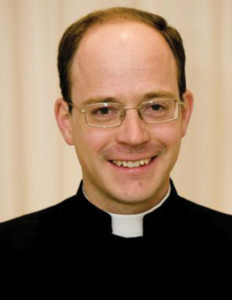
Father Sylvester Heereman, the Legion’s superior going into the January meetings.
That assessment may trouble some Legion priests, for whom the General Chapter, as the assembly is called, was to have represented the end of a painful and humiliating ordeal. The Legion’s current superior, Father Sylvester Heereman, recently acknowledged that many of his priests are tired of the process and just want it to end and to be told what they must do.
But after three years, questions still remain as to how the Legion can even exist when its founder was disgraced and its core mission – that spiritual inspiration that makes religious orders unique – remains unclear.
“After this period of renewal and purification, we would like to continue serving the Church and offering our ministries with a renewed enthusiasm, and also with a greater awareness of our limitations,” Legionary spokesman Fr. Benjamin Clariond said in a January 10 interview with Catholic News Agency (CNA).
The goal of the papal delegate “was to walk a path of renewal and revision of our charism, our way of life,” Fr. Clariond noted, highlighting how “this process entailed the main task of writing our new constitutions which are set to express, protect and help develop the charism of any religious congregation.” During their meetings, “the constitutions will be approved by the General Chapter and subsequently submitted for the approval of Pope Francis,” he said.
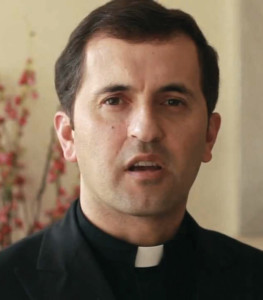
Fr. Benjamin Clariond.
Along with the primary tasks of approving their constitutions and electing new leadership, the Chapter was also to study “the Legion’s path of renewal, our opportunities, our frailties, and discern together, in a spirit of prayer and communion, what the Holy Spirit is asking of us in this moment,” he said. “It is the Chapter itself which will mark the guidelines and priorities for the new leadership.”
The Chapter began “with a draft of the Constitutions in which every Legionary has had a chance to speak his opinions,” Fr. Clarion said, noting that he was the secretary of the Central Commission for the Review of the Constitutions last year.
Explaining the process of writing the constitutions, the priest recalled that the Central Commission issued an initial proposal, which was read, studied, discussed and voted on by all the Legionaries.
“It implied a lot of work,” he said, emphasizing that “the Central Commission would read every single suggestion” — some of the texts including over 500 recommendations — “and identify the different consensuses as well as divergences.”
Fr. Clarion also voiced his belief that the Chapter will address “the issue of the founder,” which “in a sense” has already been addressed, “but it is likely that it will be revisited.”
“It will also set the guidelines and priorities for the new leadership,” he said, emphasizing that although these are his thoughts, “as spokesman of the Legion of Christ,” he is “not in a position” to determine the topics to be discussed.
The spokesman also expressed his appreciation of the appointment of the delegate by Benedict XVI, because it “had to do with a future” that the retired pontiff “considered possible for the Legion.”
“Trust in the voice of Peter’s successor, which comes from faith, has been a source of hope and confidence for the future,” he said.
In a January 9 interview with Vatican spokesman Fr. Federico Lombardi, the Legion-Delegate Cardinal De Paolis emphasized that his duties have not been “the beginning of the story of the Legion and Regnum Christi, but it is one stage of it.”
“The first stage is the story of the founder; the second is the visitation by the five bishops sent by the Holy Father to get to know this reality; and the third stage, in fact, is the appointment of the papal delegate.”
When Benedict issued the delegation, the cardinal explained, “he had already issued a severe judgment” regarding the founder’s actions, but “this judgment was not so severe as to destroy the congregation.”
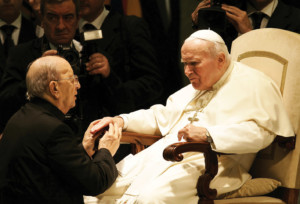
Pope John Paul II receiving in audience father Marcial Maciel Degollado, founder of the Legionaries of Christ, at the Vatican 2004.
“If the Pope appoints a delegate,” he said, “he is implicitly denying that a substantially negative judgment of the Legion itself should be made.”
Benedict XVI’s goal, De Paolis said, was to “restart the journey alongside the Legionaries, so as to guide them through a period of reflection and renewal, which was also penitential.”
This was done in the hope of reviewing “their charism, to rewrite their Constitutions and then to resume their positive position within the Church.”
In addition to his work within the Legionaries of Christ and their leadership, the cardinal also spoke of the congregation’s lay movement, Regnum Christi, explaining that it would not be discussed during the Chapter, but that “a new path” must be traced.
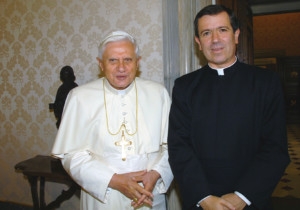
Pope Benedict XVI with Father Alvaro Corcuera, director general of the Legionaries of Chirst and its lay association, Regnum Christi, at the Vatican in June 16, 2006 file photo.
“Before,” Cardinal De Paolis said, “Regnum Christi was like an extension of the Legion. Instead, we have come to realize that each group has its own autonomy, identity and discipline. However, together they form a ‘movement.’ Therefore, there is a great unity among laity, consecrated lay persons and religious priests, who are dedicated to working together closely.”
He added: “These are things that still have to be defined further,” noting that it is “important to point out that what has, in a way, overwhelmed the Legion regarding its scandals has not touched this great Regnum Christi Movement.”
“Thus, there is a big ‘slice,’ a great ecclesiastical reality that remains intact and has been serving the Church, especially in the area of religious education and Catholic and pontifical universities. That is promising,” he said.
Cardinal De Paolis also emphasized the interest of Pope Francis in the current state of the Legion, recalling that once Benedict had resigned, he presented a new report on the Chapter’s preparation after Francis was elected. He said the new pontiff “immediately called me.”
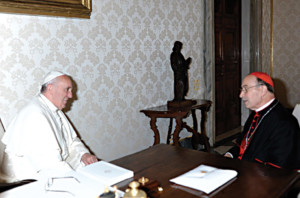
May 2013: Pope Francis meets Cardinal de paolis to discuss the matters of the legionaries.
“After a few days he wrote me a letter, in which he confirmed me in my work and approved the program I presented,” the cardinal said, adding that Pope Francis has been “very attentive, very close, and he rightly wants to follow the journey we are undertaking.”
Using the pontiff’s own words, Cardinal De Paolis said that Pope Francis “feels a great responsibility, as the Successor of Peter, to accompany religious and consecrated life.”
Although there was no specific time limit set for the Vatican’s delegation to the Legionaries of Christ, the cardinal explained that the “term was linked to the celebration of the Extraordinary General Chapter.”
Thus, “once the Extraordinary Chapter has been celebrated, the mandate will be over.”
A leading moral theologian, the American Germain Grisez, in 2009 wrote an open letter to his friends in the Legion, urging them to continue their service to the Church but not in the Legion, which he said should be terminated and its members reconstituted into a new religious institute.
In a recent telephone interview, Grisez said he couldn’t evaluate whether the reform process had essentially accomplished what he had recommended.
“I don’t think this is ideal,” he said. “It may be that the process has been virtually the re-founding that I thought was necessary. But I don’t know that this is the case.”

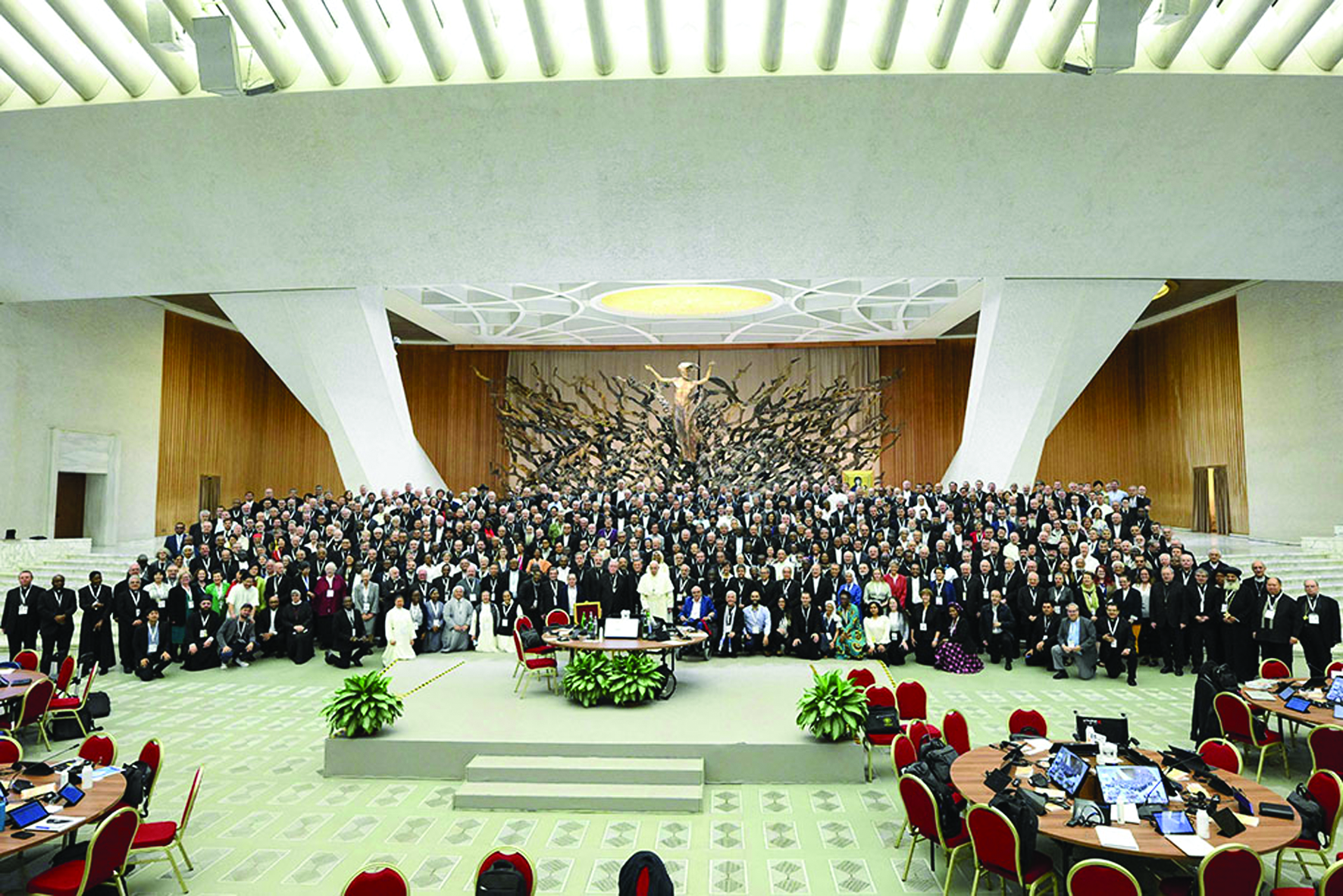
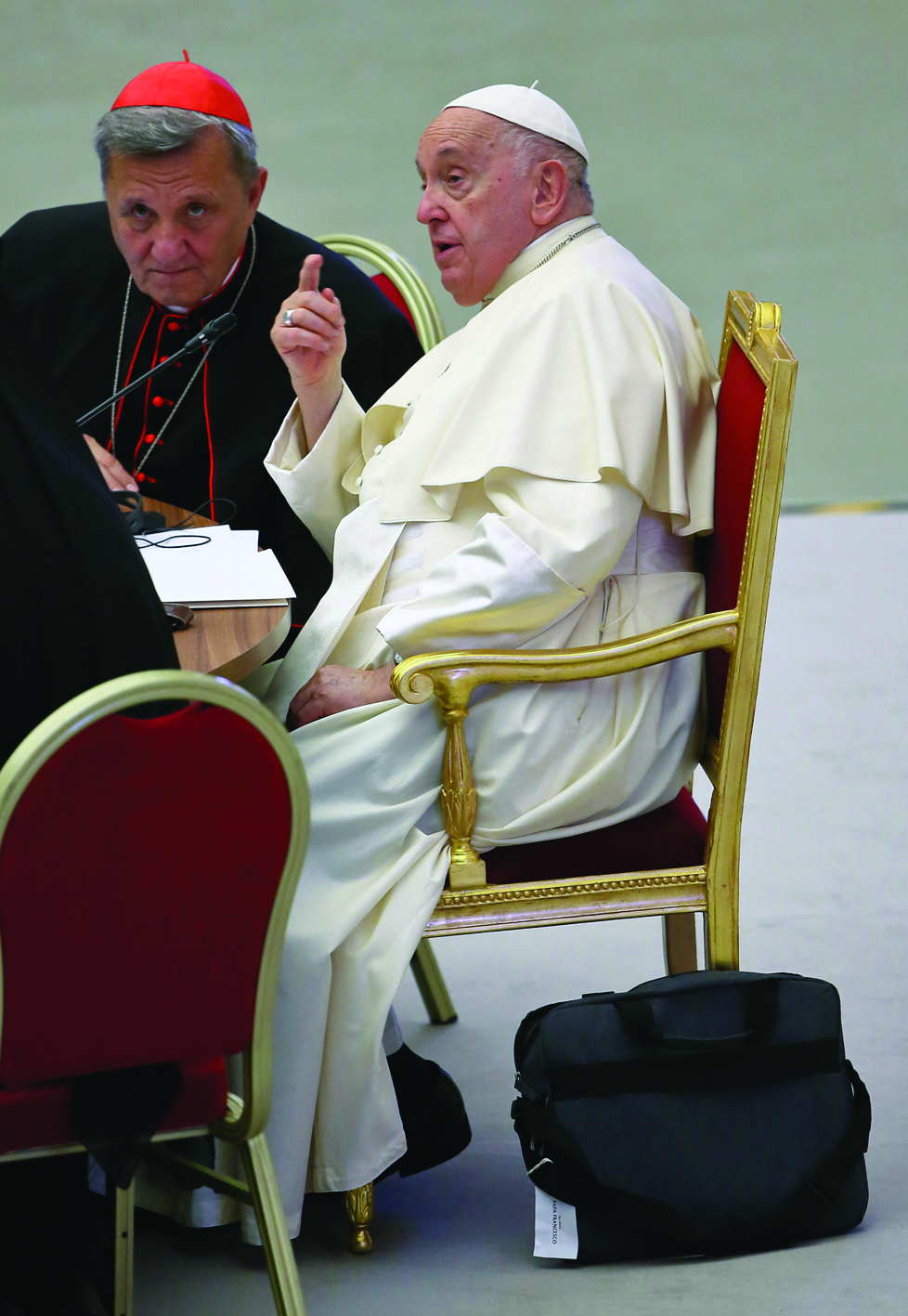
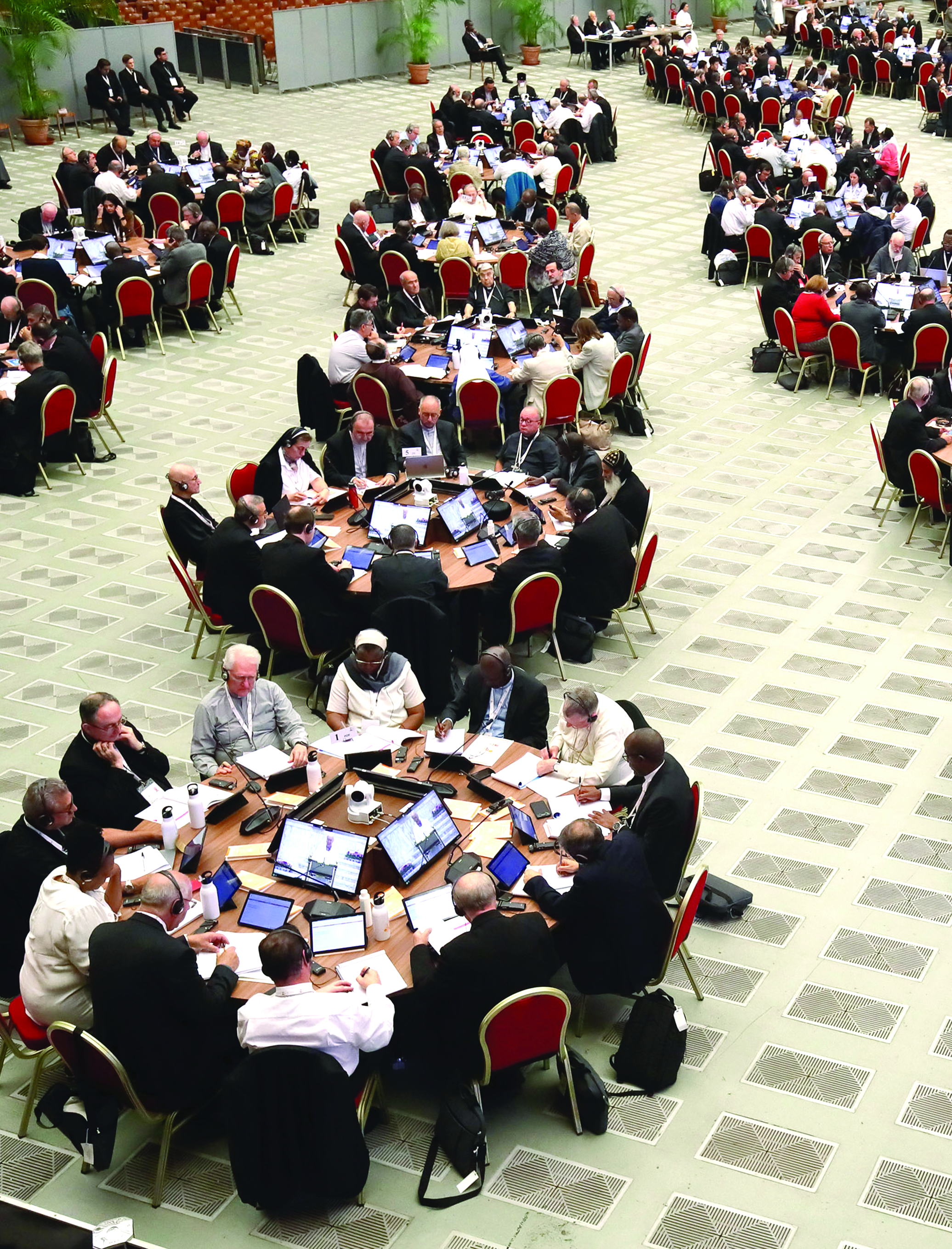
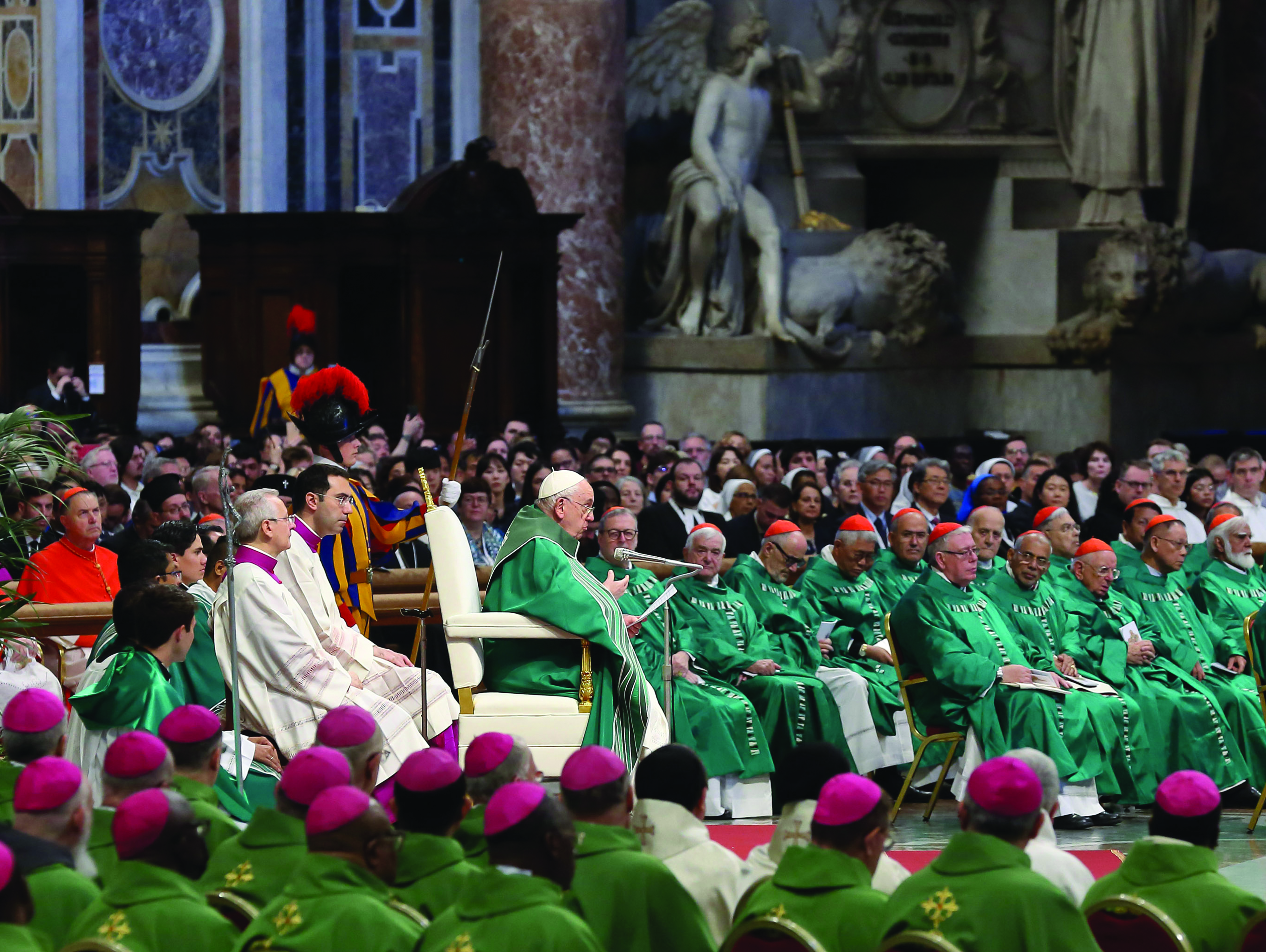
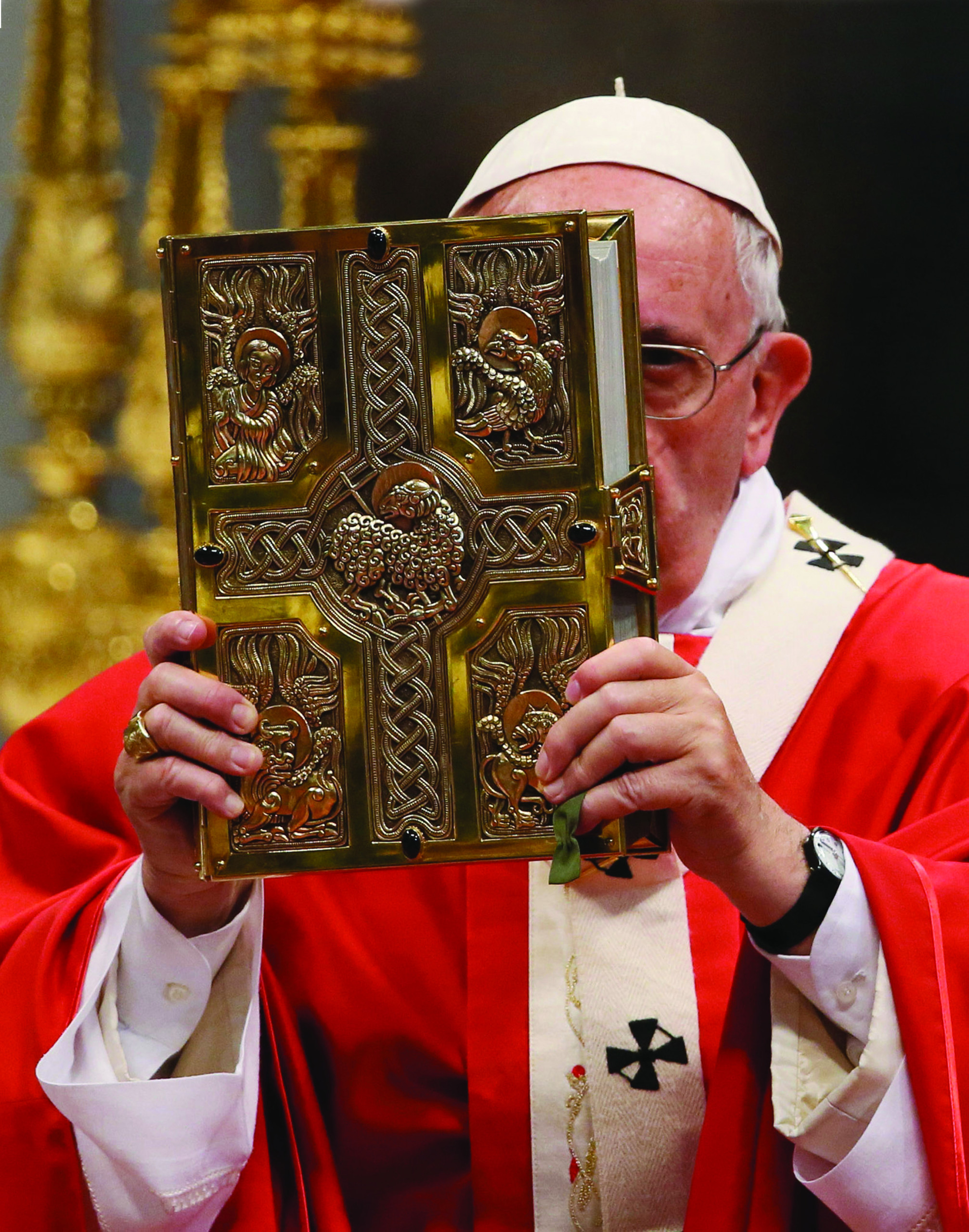
Facebook Comments